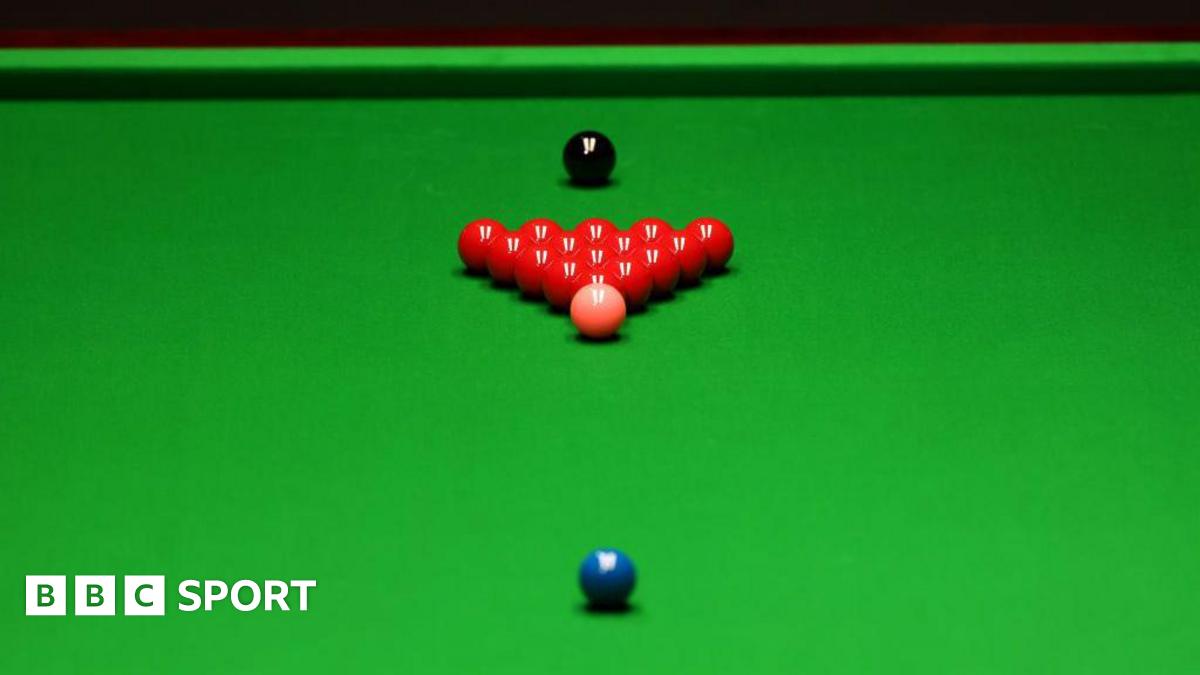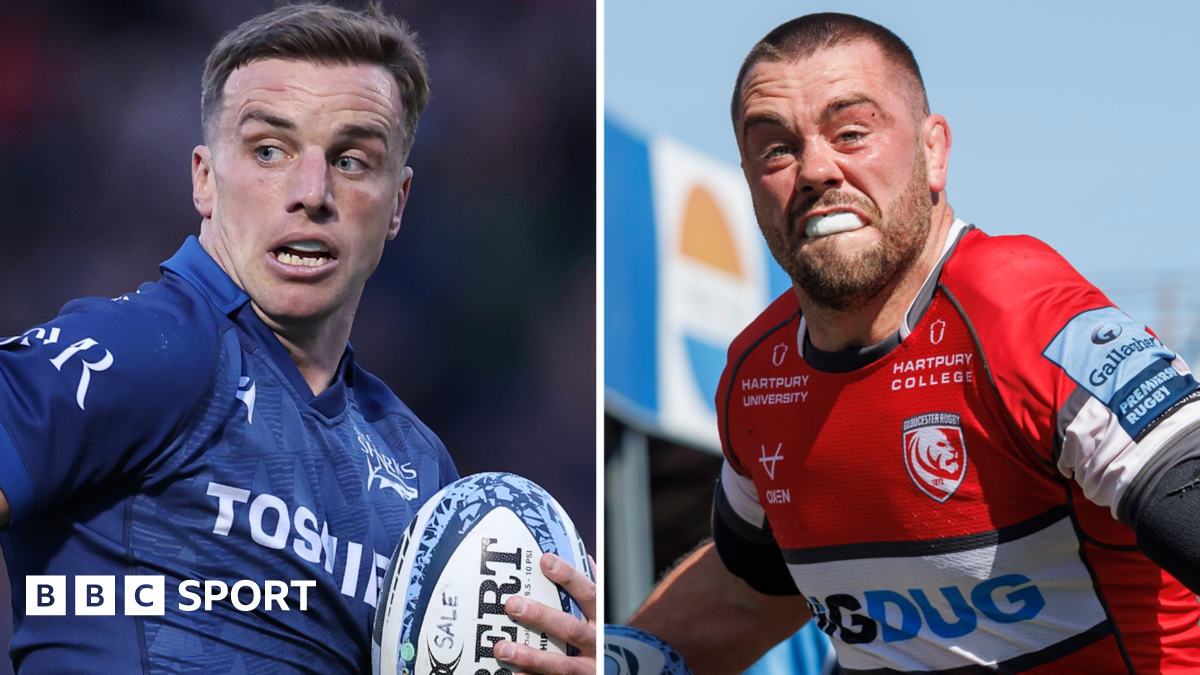ARTICLE AD BOX
In the latest edition of Second Serve, our weekly snapshot of the tours, BBC tennis reporter Jonathan Jurejko weighs up the pros and cons of the extended Madrid Open.
With the two-week Madrid Open reaching the halfway point, it is the perfect time to revisit a thorny issue in tennis.
Stretching several ATP and WTA tournaments across a fortnight has caused some controversy - and it's debatable how successful the move has been.
The thinking was the elongated events would have greater gravitas - essentially creating 'mini Grand Slams'.
According to ATP and WTA bosses, that meant increased financial opportunities for more players.
Another benefit would be players having days off between matches, allowing for better recovery and, in theory, more high-quality matches.
Fans, in turn, would be more engaged and media coverage would increase, creating a buzz around them like the existing four majors.
For many, it has not panned out like that.
The players are certainly divided. In Madrid, Aryna Sabalenka and Iga Swiatek both responded positively when asked what they preferred.
Sabalenka said she enjoys the longer format because she can "rest" physically and mentally between matches, while Swiatek added she doesn't "think about it anymore".
But the top stars - the ones who go regularly deep in these draws - are the players more likely to benefit from the days off.
Others further down the chain have voiced concerns.
The recent lawsuit lodged by the Professional Tennis Players' Association - which claimed to be on "behalf of the entire player population" - said that "instead of providing professional tennis players more rest between tournaments to endure a longer season, the ATP and WTA have given them less".
It was also telling that Novak Djokovic, who co-founded the PTPA, gave a lengthy answer about the subject in his pre-Madrid news conference.
Asked about Carlos Alcaraz saying he felt like a "slave" to the game, Djokovic referenced the negative effect of the extended events.
"Now we essentially don't have four Grand Slams - we have maybe 12 Grand Slams. It's a lot," he said.
Seven of the nine ATP Masters are now played over a fortnight, along with six of the 10 WTA 1000s.
The first week of the combined Madrid Open - a mixture of qualifying and main-draw matches - felt like a slow burner.
The main stadiums at the Caja Magica were rarely full, although the grounds were swelled by hundreds of children on school trips.
For many of those further afar, the disjointed scheduling can seem illogical and difficult to follow.
Will anything change?
ATP chairman Andrea Gaudenzi is committed to the format and, while the WTA insists the circuit is always under review, its chair Steve Simon also believes the structure does not increase workload.
It seems, as Swiatek basically said, everyone will just have to get on with it.
Emma Raducanu again had Mark Petchey in her coaching box at the Madrid Open. The British number two says she is happy with the "informal" arrangement".
Will Carlos Alcaraz be fit enough to defend his French Open men's singles title? The injured Spaniard hopes so, but is unsure whether he will be able to play beforehand after pulling out of Madrid.
The strange times continue for Novak Djokovic. The 37-year-old says losing his opening match of a tournament for the second time in a row is his "new reality".
While the rankings are not updated until after Madrid, the live standings show a few interesting things.
Russia's Diana Shnaider is set to reach a new career high - and could break into the top 10 for the first time - if she goes deeper than the last 16.
In the men's rankings, Russia's Andrev Rublev will drop out of the top 10 after his Madrid title defence ended in the last 32, while Italy's Lorenzo Musetti is provisionally into the top 10 for the first time.
Most eyes this week will remain on the latter stages of the Madrid Open.
The prizes will be handed out at the weekend, with the women's singles final on Saturday and the men's on Sunday.
Attention will also increase over the coming days on another big story - Jannik Sinner's comeback.
Sinner, the men's world number one, is set to make his return from a three-month doping ban at next week's Italian Open.
World number six Jack Draper has led the British charge at the Madrid Open and was one of three men to reach the last 32.
Cameron Norrie has found a timely return to form after winning his first ATP main-draw matches since Indian Wells, while Jacob Fearnley - playing only his second tour-level clay-court event - came through qualifying.
The three British women who directly entered the main draw - Katie Boulter, Raducanu and Sonay Kartal - all won their opening matches before falling in the second round.
Francesca Jones fought through qualifying to reach the first round where - playing for the third straight day - she lost a tight battle to 2024 Australian Open semi-finalist Dayana Yastremska.
Boulter, playing alongside Daria Kasatkina, lost in the doubles first round, as did Olivia Nicholls with partner Tereza Mihalikova.
With so many professional tennis tournaments taking place across the world, and across so many levels, it can be hard to keep up with everything from one week to the next.
As part of BBC Sport's commitment to offer more for tennis fans, Second Serve will be your weekly round-up of the biggest stories in the sport.
As well as the main talking point, you can see which ATP and WTA players are making significant progress - or struggling for form, how the British contingent are doing and what the next stops on the calendars are.
You can also sign up to get the latest tennis news from BBC Sport delivered straight to your mobile phone.

 3 hours ago
4
3 hours ago
4








 English (US) ·
English (US) ·